The c.1690 instrument, formerly owned and played by Julian Lloyd Webber, is one of very few Stradivari cellos in existence
The c.1690 ‘Barjansky’ Stradivari cello, once the principal performing instrument of Julian Lloyd Webber, is the latest priceless instrument to be ‘tokenised’, following the 1708 ‘Empress Caterina’ Stradivari violin in June 2024. Tokenisation involves creating a ‘digital product passport’ (DPP) for tangible assets, securely storing all documentation related to the instrument on a blockchain. The fintech company vountain, which specialises in blockchain technology and smart contracts, has tokenised the cello on behalf of the German family foundation that owns the cello.
The ’Barjansky’ has a body length of 760mm, with widths of 340.5mm at the upper bouts and 437mm at the lower bouts. The back is in two pieces of maple, cut on the quarter, with faint, narrow flames descending slightly from the centre joint; the sides are of maple matching the back; the scroll is made from cherrywood; the table is of two pieces of spruce with regular medium grain; the varnish is of an orange-brown colour, laid over a glowing golden ground. It is named after Russian cellist Serge Alexandre Barjansky, who used it to premiere Delius’s Cello Concerto in Frankfurt in 1923.
Lloyd Webber acquired the cello from Sotheby’s in 1983 for a then-record price – allowing for inflation, around £560,000 in today’s money. It involved him having to remortgage his house and take out a substantial bank loan. ‘By then, I was enjoying a successful career as a concert artist, but was earning nowhere near enough to cover the cost of the Strad,’ he told The Strad in 2021. ‘It really was something of a gamble at the time, because I hadn’t even had a chance to try it out in concert, and it had sat, unplayed, in a bank vault for several years before I acquired it. In fact, as I gradually played it in over the first few months, it was so unpredictable at times that I wondered if I’d made a terrible mistake in buying it.’ Lloyd Webber put the cello up for sale in 2015, and it was purchased in 2019 by the ALAGO Family Foundation, who commissioned a comprehensive restoration of its belly at the workshop of Leonhard Rank in Cologne. A comprehensive monograph on the cello was published in 2021.
Read: Julian Lloyd Webber to sell his Stradivarius cello
From the Archive: the Stradivarius ‘Barjansky’ cello
Book review: Monograph of the Antonio Stradivari Cello c.1690 ‘Barjansky’
Sandro Pittalis, CEO and founder of vountain, says that the DPP created by the firm ‘creates transparency, efficiency, and comparability, and aims to make the market for unique tangible assets more liquid’. The DPP is a comprehensive database for the cello, including its full provenance, authenticity certificates, condition, value, or value insurance appraisals, dendrochronological and computed tomography examinations, storage histories, high-resolution images and 3D models. Through a specially developed app, musicians, concert halls, or other cultural institutions can also generate real-time data on concerts, repairs and maintenance.
‘The Digital Passport was the missing piece for our art and string instrument collection and represents a unique all-in-one solution for the documentation and complete management of our art exhibits and string instruments,’ said Dr. Joachim Brunne, chairman of ALAGO foundation and chief executive of ART & STRINGS.
All photos Leonhard Rank
An exclusive range of instrument making posters, books, calendars and information products published by and directly for sale from The Strad.
The Strad’s exclusive instrument posters, most with actual-size photos depicting every nuance of the instrument. Our posters are used by luthiers across the world as models for their own instruments, thanks to the detailed outlines and measurements on the back.
The number one source for a range of books covering making and stinged instruments with commentaries from today’s top instrument experts.
American collector David L. Fulton amassed one of the 20th century’s finest collections of stringed instruments. This year’s calendar pays tribute to some of these priceless treasures, including Yehudi Menuhin’s celebrated ‘Lord Wilton’ Guarneri, the Carlo Bergonzi once played by Fritz Kreisler, and four instruments by Antonio Stradivari.























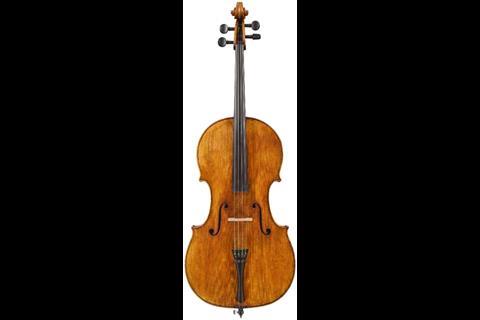
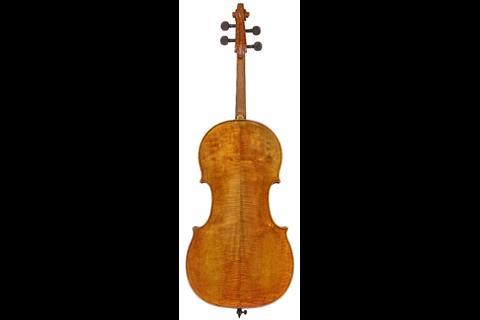
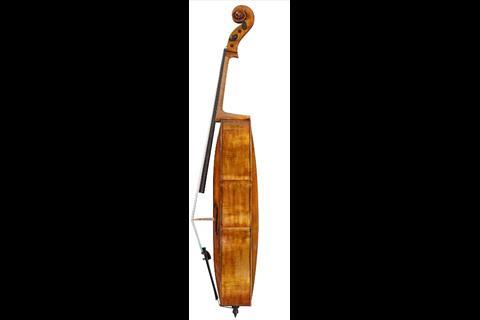
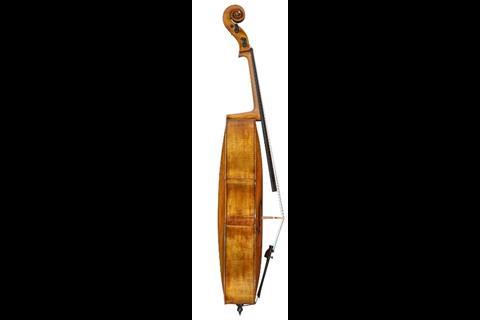
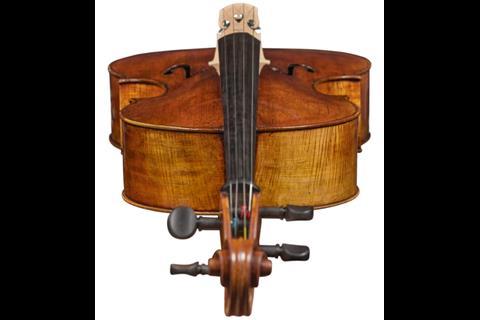
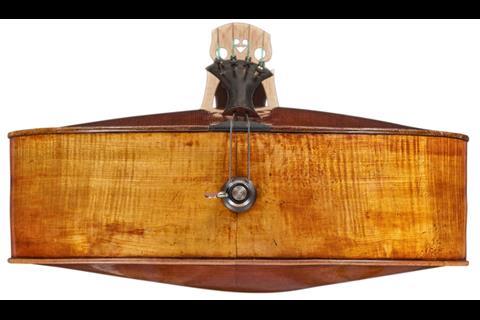
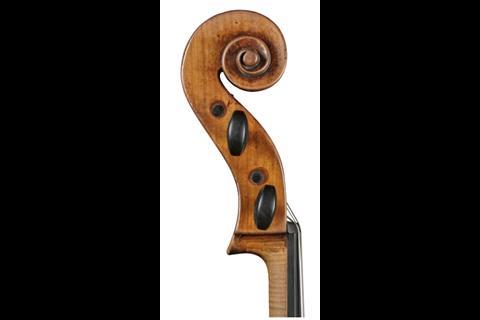
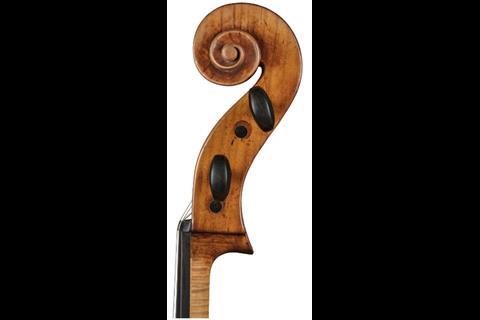
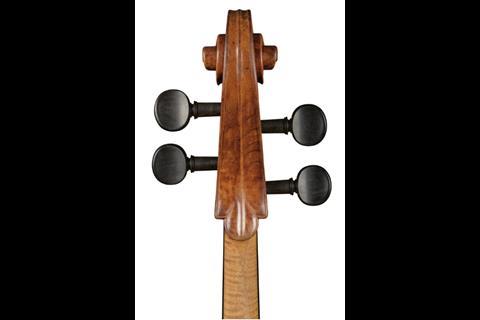
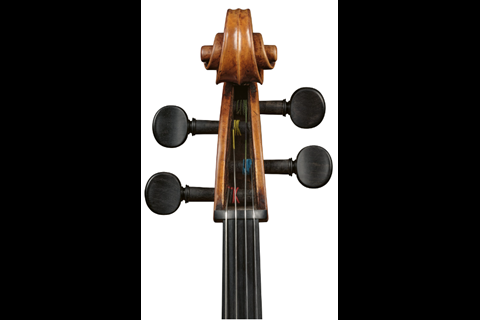

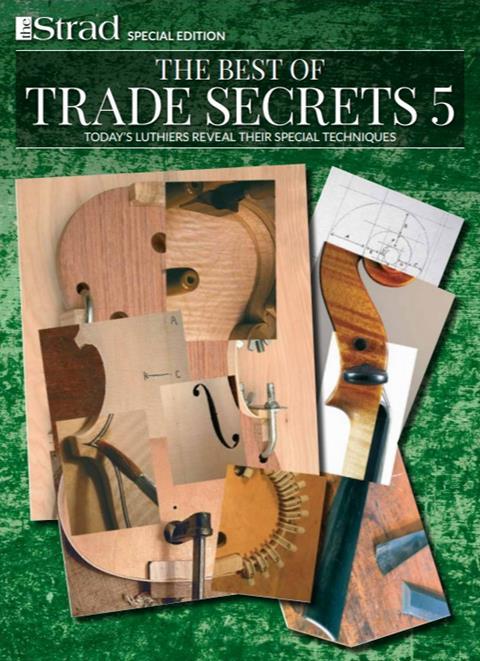




















No comments yet